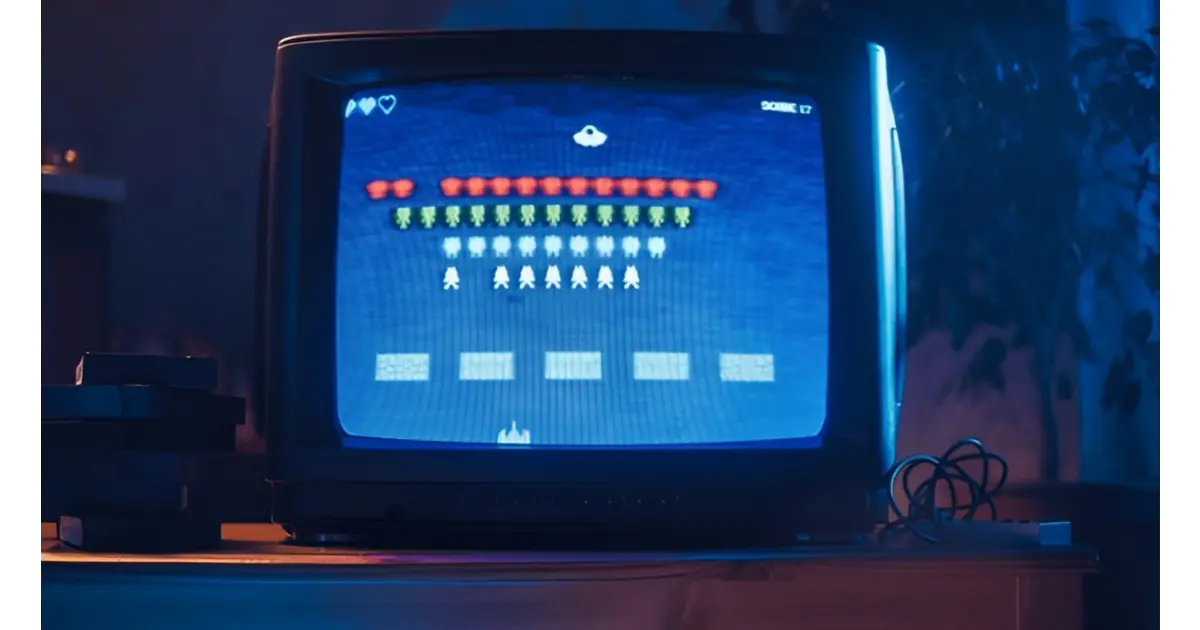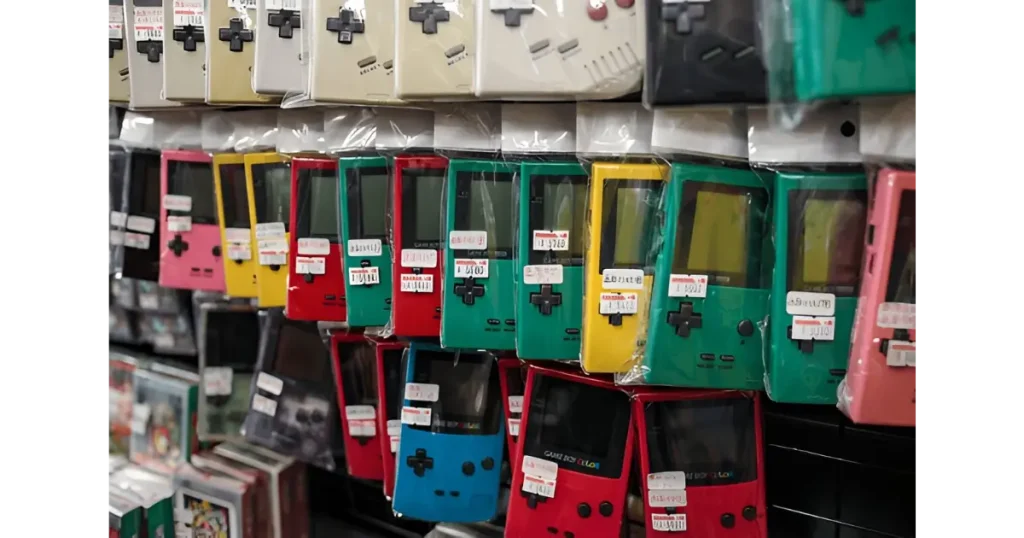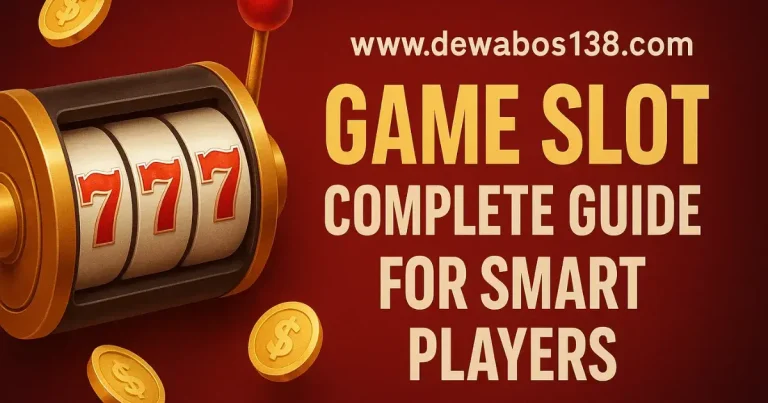
The golden age of video games left an indelible mark on popular culture, technology, and the lives of millions worldwide. From the bleeps and bloops of Pong to the revolutionary 3D worlds of the Nintendo 64, these digital experiences shaped entire generations. Yet as technology races forward, preserving these interactive artifacts becomes increasingly challenging. Enter HarmoniCode, a pioneering organization dedicated to the archival and preservation of retro gaming history. Through a combination of technical innovation, community engagement, and scholarly dedication, HarmoniCode has established itself as a vital guardian of gaming’s rich heritage.
The Birth of HarmoniCode
Founded in 2018 by a collective of game developers, archivists, and passionate collectors, HarmoniCode emerged from a growing concern that video game history was disappearing at an alarming rate. Physical media degrades, hardware becomes obsolete, and digital-only titles risk complete extinction when services shut down. The organization’s name—a fusion of “harmony” and “code”—reflects its mission to create balance between preserving original experiences and making them accessible to modern audiences.
The founding team, led by veteran game developer Maya Rodriguez and digital archivist Dr. James Chen, established three core principles: preservation authenticity, accessibility, and education. These principles continue to guide all of HarmoniCode’s initiatives, from technical preservation methods to community outreach programs.
The Technical Challenges of Game Preservation

Preserving video games presents unique challenges unlike any other medium. Games are not merely code or visual assets but interactive experiences dependent on specific hardware configurations, input devices, and sometimes even display technologies that are no longer manufactured.
HarmoniCode approaches these challenges through a multi-faceted methodology:
Hardware Preservation
The organization maintains an extensive collection of original consoles and computers, from iconic systems like the Atari 2600 and Nintendo Entertainment System to obscure platforms such as the Vectrex and FM Towns Marty. Each system undergoes careful restoration and maintenance by specialized technicians who document their processes for future reference.
Software Preservation
Beyond physical media, HarmoniCode employs cutting-edge digital preservation techniques. Their team has developed proprietary tools for creating bit-perfect dumps of game cartridges and discs, ensuring that even as the original media degrades, the data remains intact. These digital archives are stored across multiple redundant systems with regular integrity checks.
Emulation Development
Perhaps most significantly, HarmoniCode contributes to open-source emulation projects that allow historic games to run on modern hardware. Their development team focuses particularly on accuracy—ensuring that games not only function but replicate the timing, audio characteristics, and visual quirks of original hardware.
The Digital Archive: Inside HarmoniCode’s Repository
At the heart of HarmoniCode’s operation is its vast digital archive, accessible through a carefully designed interface that balances usability with scholarly rigor. The archive currently contains over 58,000 games spanning five decades of gaming history, categorized by platform, genre, developer, and numerous other metadata points.
Each entry includes:
- Multiple high-resolution images of packaging, manuals, and media
- Documented gameplay footage
- Original marketing materials when available
- Developer interviews and historical context
- Technical specifications and release information
- Preservation notes detailing the archival process
What sets the HarmoniCode archive apart is its approach to metadata. Games are tagged not only with technical specifications but cultural context: their influence on later titles, references in other media, and their place in the broader history of interactive entertainment. This rich contextual information transforms the archive from a simple repository into a living historical document.
Legal and Ethical Considerations

The preservation of video games exists in a complex legal landscape. Copyright laws designed for traditional media often fail to address the unique challenges of software preservation, particularly when companies go defunct or abandon their intellectual property.
HarmoniCode takes a principled approach to these issues:
- Whenever possible, they seek explicit permission from rights holders
- They advocate for legal reform around abandoned software and digital preservation
- They prioritize educational and research purposes in their access policies
- They contribute to academic discourse around fair use and preservation rights
The organization maintains transparent policies about access to their archives, balancing preservation needs with respect for creators’ rights. This ethical approach has earned them respect throughout both the gaming and archival communities.
Community and Educational Initiatives
Preservation is only meaningful if future generations can access and understand the significance of these historic games. HarmoniCode’s community outreach extends beyond technical preservation to education and engagement.
The Playback Program
This innovative initiative brings restored vintage gaming setups to schools, museums, and community centers. Students experience firsthand how games evolved, gaining appreciation for both technological progress and timeless design principles. The program has reached over 200 educational institutions since its inception.
Documentation Projects
HarmoniCode coordinates oral history projects, recording interviews with pioneering developers, artists, musicians, and industry figures. These first-person accounts provide invaluable context that technical preservation alone cannot capture.
Game Creation Workshops
Understanding that preservation must be active rather than passive, HarmoniCode hosts workshops teaching participants to create games using vintage hardware and software. These hands-on experiences foster deeper appreciation for the technical constraints and creative solutions that defined early game development.
Research Partnerships
Academic interest in video game history continues to grow, with universities establishing dedicated programs in game studies and digital preservation. HarmoniCode actively collaborates with these institutions through:
- Joint research initiatives exploring new preservation methodologies
- Fellowship programs for graduate students studying game history
- Scholarly publications on technical and cultural aspects of gaming history
- Conference presentations sharing findings with the broader academic community
These partnerships ensure that preservation techniques continue to evolve and that gaming’s historical significance receives proper scholarly attention.
Looking Forward: The Future of Retro Preservation
As HarmoniCode looks to the future, several key initiatives promise to expand their impact:
Expanding Regional Coverage
While the archive has strong representation of North American, Japanese, and European games, HarmoniCode is actively working to document gaming history from underrepresented regions, particularly South America, Africa, and Southeast Asia, where unique gaming cultures developed but have received less historical attention.
Preserving Online Experiences
The most significant challenge facing game preservationists today is the ephemeral nature of online games and services. HarmoniCode is pioneering techniques to document MMORPGs, virtual worlds, and other online experiences through a combination of server emulation, video documentation, and community memory projects.
AI-Enhanced Metadata
Leveraging machine learning, HarmoniCode is developing systems to identify visual influences between games, trace the evolution of mechanics across titles, and generate more comprehensive metadata automatically—allowing human archivists to focus on contextual information machines cannot discern.
The Cultural Importance of Game Preservation
Why does this work matter? Video games represent a unique intersection of art, technology, and interactive storytelling. They reflect the cultural moments of their creation while simultaneously shaping those cultures. Preserving games means preserving not just code and pixels but expressions of human creativity and technological innovation.
Games preserved by HarmoniCode have been exhibited in major art museums, used in university courses on interactive design, and studied by contemporary developers seeking inspiration from the past. The organization’s work ensures that future generations can experience these foundational works firsthand rather than merely reading about them.
Supporting HarmoniCode’s Mission
The organization operates primarily through a combination of grants, memberships, and community donations. Those interested in supporting game preservation can:
- Become supporting members with access to special archive features
- Donate hardware, software, or documentation to the collection
- Volunteer for digitization projects or community events
- Participate in crowd-sourced documentation initiatives
Conclusion
In a digital age where the pace of technological change continually accelerates, initiatives like HarmoniCode’s Retro Gaming Archives serve as crucial cultural safeguards. By preserving the playable past, they ensure that future generations can understand the evolution of interactive entertainment and experience the groundbreaking titles that shaped the medium.
The work of digital preservation is never complete—each day brings new challenges as hardware ages and software becomes increasingly dependent on defunct online services. Yet through technical innovation, community engagement, and scholarly dedication, HarmoniCode continues to build a comprehensive archive that honors gaming’s rich heritage.
As we look toward gaming’s future, organizations like HarmoniCode remind us that understanding where we’ve been is essential to charting where we’re going. In the harmonious balance between code and culture, between preservation and accessibility, they’ve created something truly invaluable: a playable museum of interactive history that continues to inspire, educate, and entertain.




